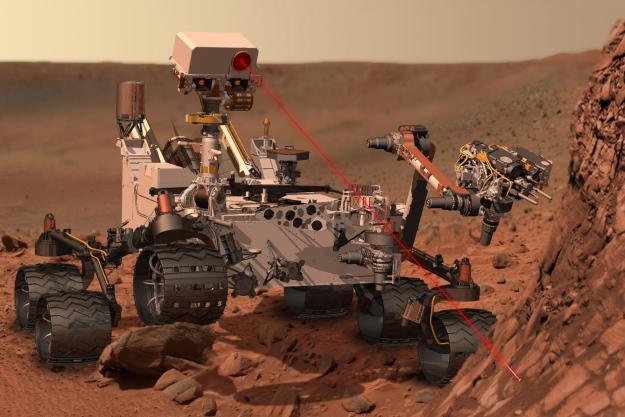Since you probably don’t use Facebook enough already, the social media juggernaut is taking aim at your children with a new version of Messenger, appropriately called Messenger Kids. According to Facebook, the kid version of Messenger will roll out in the United States first and then only on iOS-powered Apple devices. And it’s supposedly designed for tech-savvy tykes as young as six years old.
As you can well imagine, Facebook was very quick to point out that pretty much every aspect of Messenger Kids can be tightly controlled by a parental overlord. That includes specifying who your kids can chat with and what device the app will work on.
We get it: Facebook use is pervasive among adults, so why not make it easier to chat with junior and trade funny photos and videos as well, since they’ll probably be doing it soon enough as young adults barring some future tech apocalypse. But still, it’s little weird. We’re sure we’ll all get used to it, though.
There’s a reason they’re called ‘pocket computers’
Samsung’s Galaxy S8 smartphone is super popular of course, as it should be: it’s arguably one of the best Android phones out there. But there’s one feature of the S8 that doesn’t get much press: the fact that with a neat little adapter, you can use the phone as a full-blown Android OS desktop computer. Now, according to BGR, the new Galaxy S9, expected this spring or maybe even sooner, will expand and refine that ability.
BGR says sources tell them a new adapter called the Dex Pad will let users port the phone’s high-res display to a high-res full-size monitor, and then use the phone as a mouse and even as a keyboard. That’s pretty cool, and, it makes sense. Think about it: a modern smartphone can pretty much do anything a mid-range laptop can do these days, so why buy two computers when one will do everything?
And seeing how Apple has added a MacOS-style dock to iPads, it isn’t a stretch to eventually patch in a keyboard and mouse connection as well. Of course, that would cannibalize sales of MacBooks at Apple, but if your main computer product is a phone – like it is at Samsung and many other Android phone makers – adding an adapter to make your phone into a PC sounds like a pretty great way to sell a lot more phones and a lot of make-it-into-a-PC accessories.
It had to start somewhere
What would we do without texting? We might actually have to talk on our cell phones! But 25 years ago, that’s what most people actually did: they used their gigantic, nearly not-portable cell phones to make calls from wherever they could get a signal, which was much more of challenge then than it is today.
But on December 3rd, 1992, British engineer Neil Papworth used his home computer to send a new kind of message to his pal Richard Jarvis at Vodaphone, who had one of these big pre-historic phones with him. He hit “enter” and away went the world’s first text message. When Jarvis, who was at a holiday party, checked his phone, the message glowed on the handset’s simple display: “Happy Christmas.”
In the next 24 hours, cell phone users worldwide will send nearly 19 billion text messages. Thanks a bunch, Neil.
DT Daily Extra: Check out this article on some of the most amazing buildings in the world. These are the real deal – not concepts or movie props. You’ll be amazed.
We’ve got more news on our Facebook page and YouTube channel, and be sure to tune in to this week’s DT podcasts: Trends with Benefits (general tech shenanigans) on Thursdays, and Between the Streams (movie and TV topics) every Friday.


